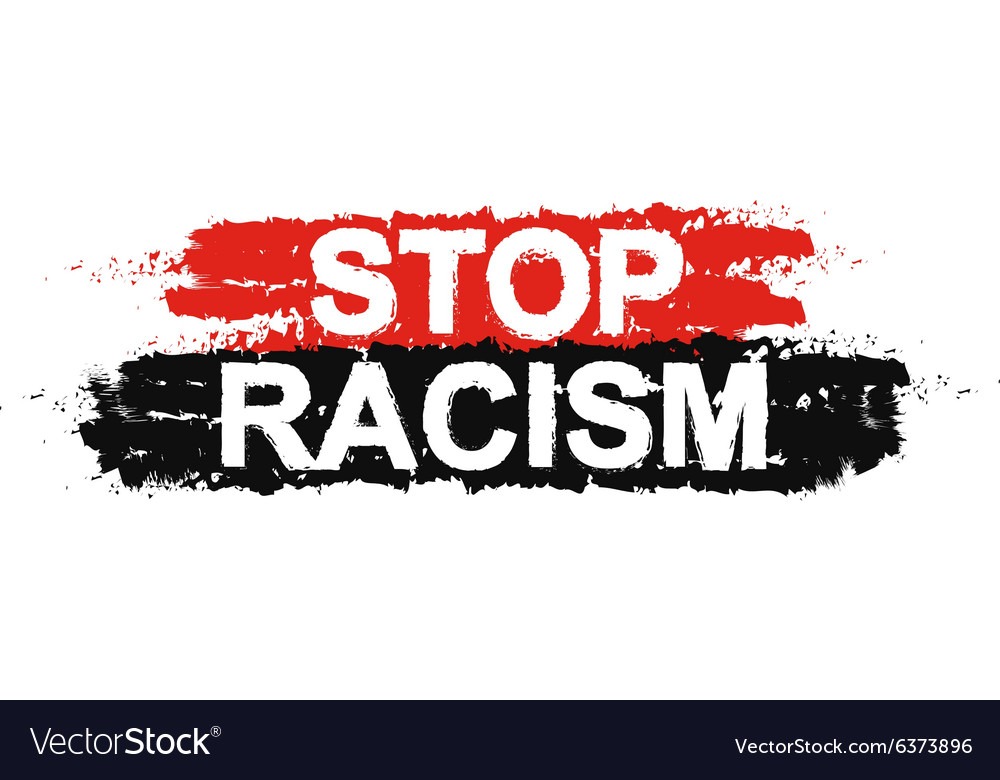PASTORAL LETTER SOUTHERN AFRICAN CATHOLIC BISHOPS’ CONFERENCE A CALL TO OVERCOME RACISM
“The Spirit of the Lord is on me, because he has anointed me to proclaim good news to the poor. He has sent me to proclaim freedom for the prisoners and recovery of sight for the blind, to set the oppressed free, to proclaim the year of the Lord’s favour.” (Luke 4:18-19)
Dear brothers and sisters in Christ,
We need to have a candid conversation on racism and its manifestations in order to adequately and seriously address racism and racial divisions in our country.
We realise that this is not an easy conversation, one that many of us may prefer to avoid. Our invitation to such a dialogue may in itself evoke a range of emotions, including self-justification and self-righteous feelings; or, guilt and denial; on the other hand, feelings of anger and sadness. Dialogue, rational and respectful, is necessary so that we open ourselves to receive God’s healing.
The belief that race accounts for differences in human character or ability and that a particular race is superior to others was something which St. Peter and the early Church overcame through the guidance of the Holy Spirit. “Truly I now perceive that God shows no partiality, but in every nation anyone who fears him and does what is right is acceptable to him.” (Acts 10:34-35)
Our invitation to become part of this dialogue comes from a realisation that the Holy Spirit calls us as a country to be healed; to build and develop relationships of equality, dignity and mutual respect.
In this third decade after gaining our democratic freedom and rights,
· We need to address the issues of our social trauma as a country which result from the violence of centuries of colonialism and the violent decades of apartheid. We need to dialogue and work together to achieve healing as a nation.
· We need to acknowledge the link between race, power and privilege.
· We need to redress urgently the economic inequalities present in our society as a result of past racial discriminatory laws and practices; to allay unfounded fears and promotes justice.
Our responsibilities within the Church
In this Jubilee Year of Mercy, as Church in Southern Africa, we commit ourselves to a credible and comprehensive conversation on racism. This will mean acknowledging the presence of racism in the Church before and during the apartheid era and in these years of democracy. In humility, as St. Peter confessed, we your pastors prostrate before God and before all who are in pain, ask for forgiveness for our historic complicity with racism in the Church.
As we seek God’s mercy that comes with the Jubilee of Mercy, we challenge ourselves as your pastors and we call upon all the faithful and all people of goodwill to do all in our power to address the problem of racism in our society and in the Church. To this effect, our Conference will be adopting a process to be used in small group reflection in our dioceses and parishes engaging all in dealing with the issues of racism.
Furthermore, we encourage this open dialogue at the level of our parishes, availing parishioners of the opportunity to look at how people can grow in positive appreciation of cultural diversity and how this is expressed in the liturgy and other activities of the parish. Our experience of the Gospel call us to rejoice in diversity, to become more culturally inclusive and more enthusiastic in our appreciation of God’s gift of racial diversity. This leads us to appreciate that in our parishes, in our religious communities and in our dioceses, the glory of the body of Christ is enriched and mediated through the various rich cultural, social economic contributions that each race and all ethnic groups contribute from their basket of traditions and social identities.
Through our celebration of the Eucharist, the symbol of unity in the body of Christ, we ask the Lord to heal and transform the relationships in our dioceses and our parishes so that we become communities of faith where “there is no longer Jew or Gentile, slave or free, male and female.” (Galatians 3: 28).
Personal responsibility of each
If we want our conversion to contribute to the building of a South Africa freed from racism, we must strive to lead lives worthy of the Gospel (cf. Phil. 1.27; Eph. 4.1), refrain from loving only people who are just like ourselves. In loving only those who share our racial and ethnic backgrounds, we fall short of fulfilling the demands of love which the Gospel calls for. The words of our Lord challenge us that if we greet only our brothers and sisters, “what more are you doing than others? Do not even the non-believers do the same?” (Matthew 5: 47)
While reaching out to one another, in open and honest dialogue, the sacrament of Reconciliation becomes especially important and meaningful because through it we come in our sinfulness to our all merciful Father for healing and forgiveness.
A call to prayer
The task of reconciliation therefore requires watchfulness and ardent prayer on the part of each. In this Jubilee Year of Mercy, we ask all parish priests and parishioners to commit themselves to a parish campaign to overcome racism, e.g. a parish prayer campaign or a family prayer, special days of prayer and fasting, co-operating with other parishes across racial lines and working with organisations promoting the dismantling of racism. We ask each parish to organise and commit themselves to do this.
May the Lord of Peace grant our nation the peace, the healing and the reconciliation that we seek. (cf. 2 Th. 3.16).
Archbishop Stephen Brislin
President of Southern African Catholic Bishops’ Conference


0 Comments